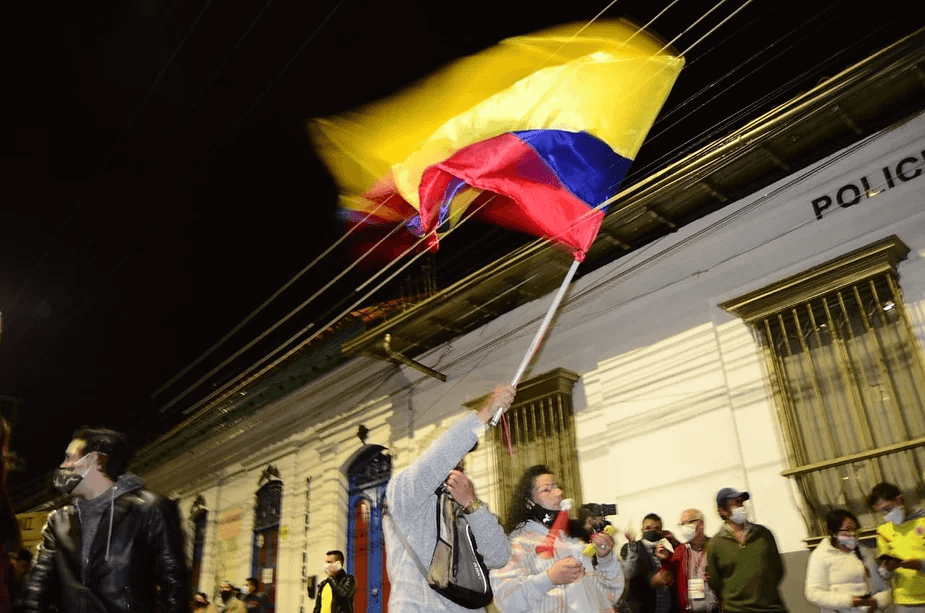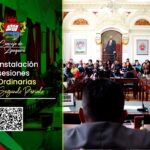After five days of intense protests involving tens of thousands of people in cities and towns all over his country, Colombian president Iván Duque announced on Sunday that he would be withdrawing a contentious tax reform proposal touted by his administration for months.
“I am asking the Congress of the Republic to withdraw the project submitted by the Ministry of Finance and urgently process a new project that is the fruit of consensus and thus avoid financial uncertainty,” Duque said in a televised address shortly after noon.
The law the president withdrew from consideration was an attempt at raising new revenue during a time of economic crisis brought on by the COVID-19 pandemic and to pay for certain social programs while maintaining Colombia’s credit rating. By lowering the threshold for taxes on individuals and businesses and broadening the application of the value added tax (VAT), the government initially estimated that it could raise 23.4 trillion pesos ($6.29 billion USD), which would amount to 2% of the nation’s GDP.
As the administration submitted the proposal, howls of outrage rang out all across Colombia, with opponents of the measure decrying it as placing an undue burden on ordinary people during a time of hardship. Before long, the country’s leading trade unions were calling for a national strike in protest.
On April 28, the unrest began. All over the country, people took to the streets. Waving Colombian flags, holding up banners, blowing into vuvuzelas, and chanting slogans against the administration and tax reform, they marched through the streets of municipalities large and small.
The strike occurred in open defiance of governmental authority, with the mayor of Bogotá pleading for a postponement in light of high COVID-19 infection rates and a superior court judge in the department of Cundinamarca not only ruling that protests would not be permitted, but charging the presidential administration and law enforcement with preventing them.
Despite the concerns of the authorities and contrary to characterizations by some of Duque’s political allies, the protests were mostly peaceful. However, there were incidents of violence in some cities, with clashes in cities like Cali resulting in shootings by the police and the deployment of the military in certain parts of the country.
Amidst all this, Duque resisted withdrawing his proposal. On Friday, he proposed amending it to discard some of its more controversial elements, but insisted that the measure as a whole would have to remain in consideration. However, as protests ground on and the legislation ran up against stiff resistance in Congress from some of his own allies as well as from the opposition, the president finally decided to throw in the towel and made his announcement on Sunday formally withdrawing the proposal.
Duque’s surrender would seem to constitute a victory for the protesters. However, the national strike appears to be far from over, with protests continuing to occur all over Colombia and the National Strike Committee maintaining that more demonstrations are planned for May 5. Furthermore, the president, the Ministry of Finance, and Congress now face the challenge of creating a new tax reform law, which Duque continues to insist is necessary for the well-being of the country’s finances. With the chief executive doubtlessly weakened politically and the vicious ideological factionalism of Colombian politics unlikely to abate anytime soon, the debate is far from over.










